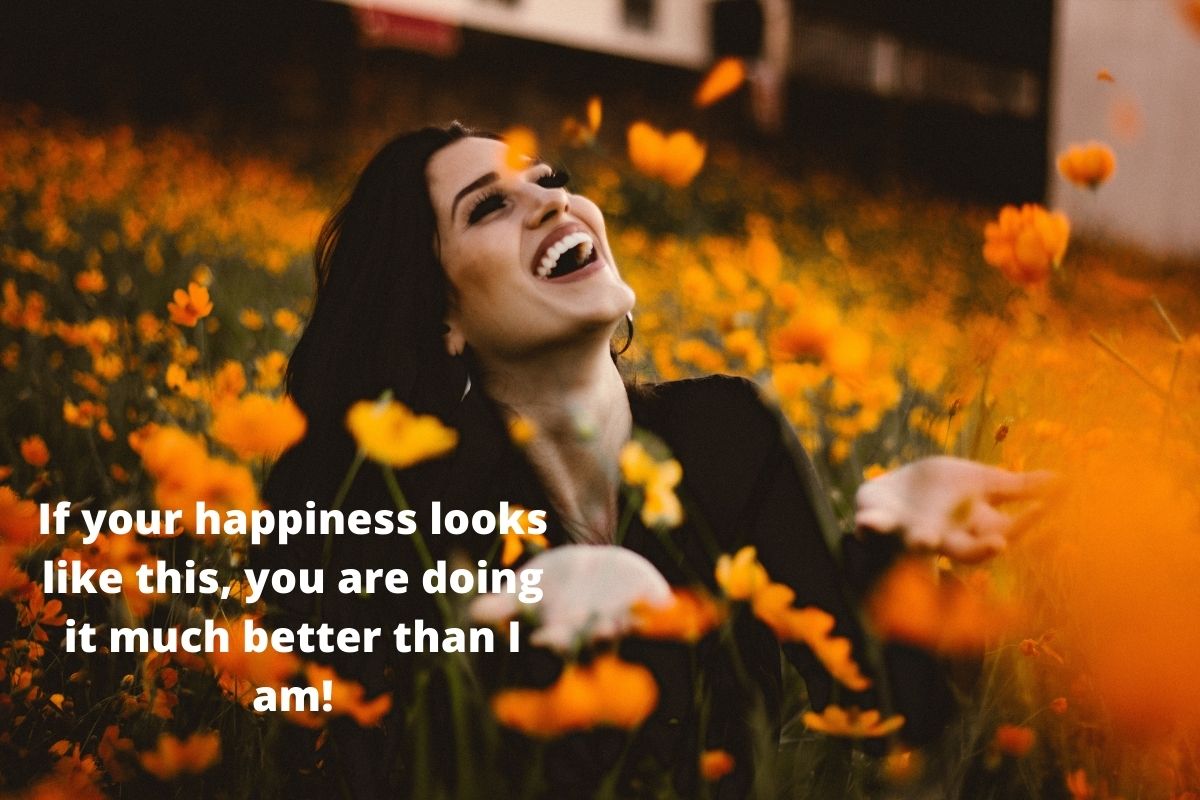
A couple of recent projects of mine have got me thinking about what the key ingredients of a life with meaning and contentment are.
The first project that got me thinking is the Be Well Plan, a 5-session wellbeing and resilience program that we are trialling with Flinders students, thanks to a collaboration with the Wellbeing and Resilience Centre at SAHMRI. I’ve had the opportunity to become a facilitator of that program and it has ignited in me an interest in what are the key activities a person should engage in, in order to improve their wellbeing and increase their resilience. Spoiler: you can find some of the recommended activities here.
The second is the student-led Mental Health Awareness/Promotion Campaign that I’ve been fortunate to be involved with. As part of that project, the question was asked of me ‘what are the key ingredients to creating a life with lots of positive emotion?” In answering that question, I referred the students to the Greater Good In Action website, a project at Berkeley University to catalogue science-backed principles of a meaningful life. They’ve documented over 70 activities that one can engage in to build positive emotion: awe, compassion, connection, empathy, forgiveness, gratitude, happiness, kindness, mindfulness, optimism, purpose, resilience to stress and self-compassion.
With these in mind, I took it on myself to create a list of the key ingredients of a life with meaning, purpose and contentment. Think of these like an antidote to the many psychological factors that might lead us to create a life of misery, disconnection and emptiness.
Does this mean that one can create a life that is a never-ending flow of positive emotion? I doubt it. I’ve not seen any evidence to suggest such an emotional utopia is possible, but I am convinced we have more power to shape our lives for the positive than we necessarily think.
So what can give our life meaning and purpose and increase our experience of positive emotions? I’ve documented 19 types of activities you can engage in. Aim to sprinkle some of these into your week in some way.
Gratitude – being appreciative of the people and things in our life and the experiences we’ve had. Example activities: gratitude letter, three good things, gratitude journal.
Connection – building and nurturing supportive relationships with friends, family members, colleagues and even the random stranger! Example activities: active listening, avoiding the ‘four horsemen’, apologies, 36 questions, small talk.
Facing your fears – documenting what is holding you back and confronting those fears directly. Example activities: problem solving, assertiveness.
Self-understanding – learning more about the person you are, your strengths and weaknesses, likes and dislikes and your personality. Example activities: finding your strengths, clarifying your values.
Meditation/ mindfulness – deliberate activities to get you in the present moment and focus your attention. Example activities: mindful breathing, mindful walking, loving kindness meditation, compassion meditation.
Future orientation – taking the time to visualise the future you want for yourself and set things to work towards. Example activities: best possible self, goal visualisation.
Awe – taking moments to bask is the amazingness of something or someone. Example activities: awe narrative, awe story, awe video.
Expressive writing – taking time to write about things that have happened to you and your thoughts and feelings about those events. Example activities: expressive writing, feeling connected through writing.
Change your thinking – learn more about the role your thoughts and beliefs play in shaping your world and explore strategies to challenge or change your thinking. Example activities: thought defusion, recalling positive events, acceptance, silver lining.
Time in nature – spend more time in nature. Example activities: savoring walk, noticing nature.
Having fun – spend more time engaging in activities that bring a true smile to your face. Example activities: three funny things.
Deliberate practice – allocate time each week to spend on getting better at something through practice. Example activities: deliberate practice.
Compassion – extending understanding and kindness to yourself and other people during difficult times. Example activities: letting go of anger, self-compassionate letter, how would you treat a friend.
Forgiveness – letting go of difficult thoughts, feelings and ideas about someone who has wronged us. Example activities: eight essentials of forgiveness.
Meaning and purpose – connecting to a purpose higher than you and understanding what you want to contribute to the world. Example activities: meaningful photos, best possible self.
Kindness – engaging in regular acts of kindness towards self and others. Example activities: acts of kindness.
Productivity – efforts to work smarter, not harder and increase efficiency. Example activities: time management, finding flow.
Healthy lifestyle – maintaining a healthy body through physical activity, sleep, good nutrition, breathing and low drug/alcohol use. Example activities: lifestyle modification.
Teaching – passing on the knowledge you’ve gained to others. Example activities: mentoring.
Have you got other things in your life that bring you meaning and purpose and joy? I’d love to hear about them and my guess is other students would too. Feel free to comment below.

